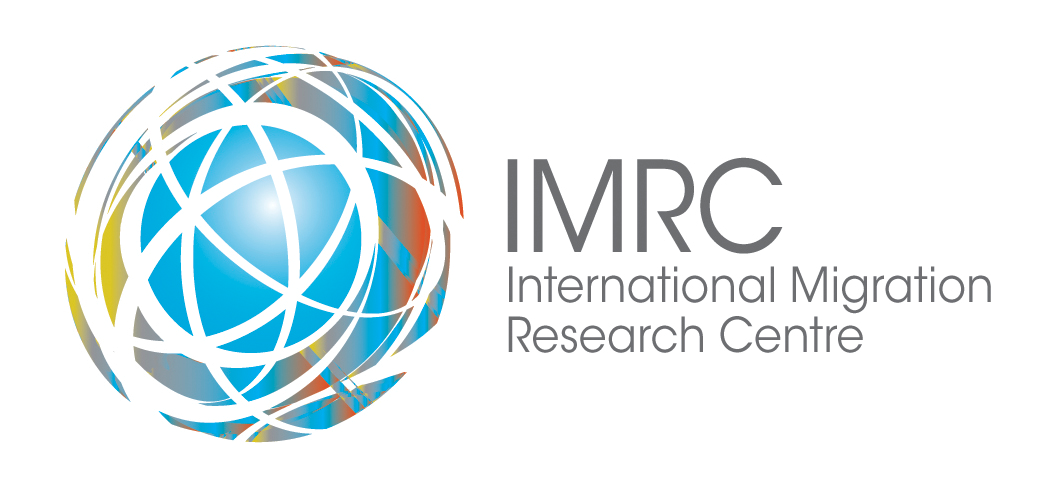
Document Type
Report
Publication Date
2-2014
Department
Balsillie School of International Affairs
Abstract
- The informal sector is the big story in African cities. To respond effectively, data collection and monitoring tools need dramatic improvement.
- Informal trading largely happens outside official city planning. This absence of recognition may be unconscious but is not benign.
- Ethnic networking and business positioning are of crucial importance for migrant-run small businesses.
- Those working in the informal sector in South Africa generally operate under hostile conditions.
- Volumes of trade and duties paid by cross-border traders show that this sector is significant to SADC governments.
- There is a policy contradiction between the government’s promotion of business tourism and the increasingly hostile attitude towards migrant entrepreneurs.
- Xenophobia can’t be ignored in debates around the way forward for informal entrepreneurship in Southern Africa.
- There is a need to look at how to assist South African traders in ways that are not discriminatory, unlawful and do not ignore the interests of wider parties.
- Zimbabwe’s informal economy is the country’s major employer. Also, the movement of remittances between South Africa and Zimbabwe is a large industry.
- There is an undercurrent of globalization in Maputo’s markets, with used clothing from the Global North sold by Indian traders to Mozambican market traders.
- Africa has the poorest and least educated of the overseas Chinese diaspora. Chinese traders have succeeded with small businesses in Africa where local firms have failed.
Recommended Citation
Urban Informality and Migrant Entrepreneurship in Southern African Cities: 10–11 February 2014, Cape Town, South Africa, Conference Report. Waterloo, ON: African Food Security Urban Network; Cape Town: African Centre for Cities; and Kingston, ON: Southern African Research Centre.

